“Beta Arbutin” has been added to your cart. View cart
Reviews (0)
Be the first to review “Phloretin” Cancel reply
Shipping & Delivery


MAECENAS IACULIS
Vestibulum curae torquent diam diam commodo parturient penatibus nunc dui adipiscing convallis bulum parturient suspendisse parturient a.Parturient in parturient scelerisque nibh lectus quam a natoque adipiscing a vestibulum hendrerit et pharetra fames nunc natoque dui.
ADIPISCING CONVALLIS BULUM
- Vestibulum penatibus nunc dui adipiscing convallis bulum parturient suspendisse.
- Abitur parturient praesent lectus quam a natoque adipiscing a vestibulum hendre.
- Diam parturient dictumst parturient scelerisque nibh lectus.
Scelerisque adipiscing bibendum sem vestibulum et in a a a purus lectus faucibus lobortis tincidunt purus lectus nisl class eros.Condimentum a et ullamcorper dictumst mus et tristique elementum nam inceptos hac parturient scelerisque vestibulum amet elit ut volutpat.
Related products
Beta Arbutin
$0.01
Beta arbutin, also known as β-arbutin, is a naturally occurring compound derived from plants, primarily bearberry plants. It is a glycosylated form of hydroquinone and is widely used in the skincare and cosmetic industry for its skin brightening and lightening properties.
Beta arbutin works by inhibiting the enzyme tyrosinase, which is involved in the production of melanin, the pigment responsible for skin color. By reducing the activity of tyrosinase, beta arbutin helps to diminish the formation of melanin, thereby reducing the appearance of dark spots, hyperpigmentation, and uneven skin tone.
What sets beta arbutin apart from regular arbutin is that it has a higher stability and is considered to be a safer alternative due to its reduced potential to convert into hydroquinone. Hydroquinone, although effective in lightening the skin, has been associated with potential side effects such as skin irritation and long-term skin damage.
Overall, beta arbutin is widely valued in the skincare industry for its skin brightening and lightening effects, making it a popular ingredient in various skincare products targeting hyperpigmentation and uneven skin tone.
Kojic Acid
Kojic acid is a naturally occurring compound that is derived from various fungi, particularly Aspergillus oryzae. It is widely used in the cosmetic and skincare industry for its skin-lightening and brightening properties. Kojic acid functions as a tyrosinase inhibitor, which means it hinders the production of melanin, the pigment responsible for skin color. By inhibiting melanin production, kojic acid helps to reduce the appearance of dark spots, hyperpigmentation, and uneven skin tone, resulting in a more even complexion. Additionally, kojic acid possesses antioxidant properties, which can help protect the skin against free radicals and promote a more youthful and radiant appearance.
Potassium iodide
Active Pharmaceuticals Ingredients, Analytical Reagents, Nutrient Supplements, Photographic Chemicals
Potassium Iodide 500grams
Active Pharmaceuticals Ingredients, Analytical Reagents, Nutrient Supplements, Wastewater Treatment Chemicals
Powder Sodium Mono Fluoro Phosphate [Na2PO3F]
Sodium monofluorophosphate (Na₂PO₃F), commonly abbreviated as SMFP, is a compound used in dental care products, particularly toothpaste, for its anti-cavity properties. Here are some key points about it:
- Chemical Composition:
- Formula: Na₂PO₃F
- Molar Mass: 143.95 g/mol
- Appearance: White, odorless powder
Sodium Fluoride 500gm
Sodium Nitrite 500gm
Sodium nitrite (NaNO2) is an inorganic compound composed of sodium and nitrite ions. It appears as a white to slightly yellowish crystalline powder and is highly soluble in water. Sodium nitrite is commonly used as a food preservative and color fixative in meats and fish, as it inhibits the growth of bacteria and maintains the red-pink color of cured products. In addition to its use in the food industry, sodium nitrite serves various roles in industrial processes, such as in the manufacturing of dyes, rubber chemicals, and pharmaceuticals. It also finds applications in wastewater treatment and corrosion inhibition. However, sodium nitrite must be handled with care due to its toxic and potentially carcinogenic properties when ingested in large quantities.

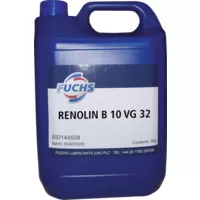
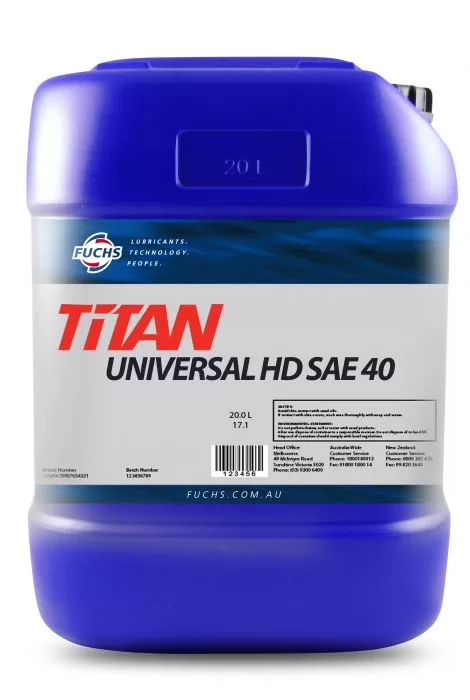

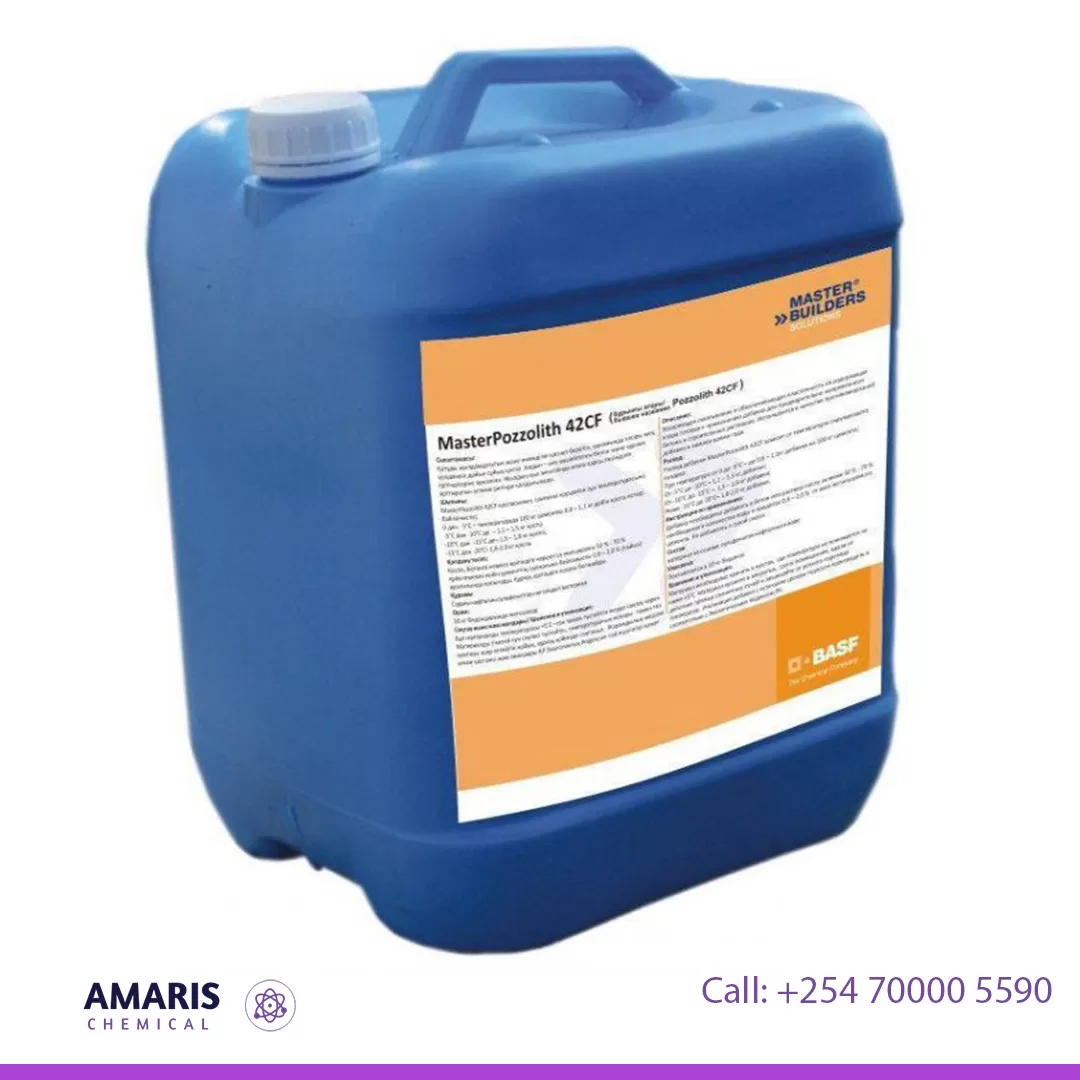





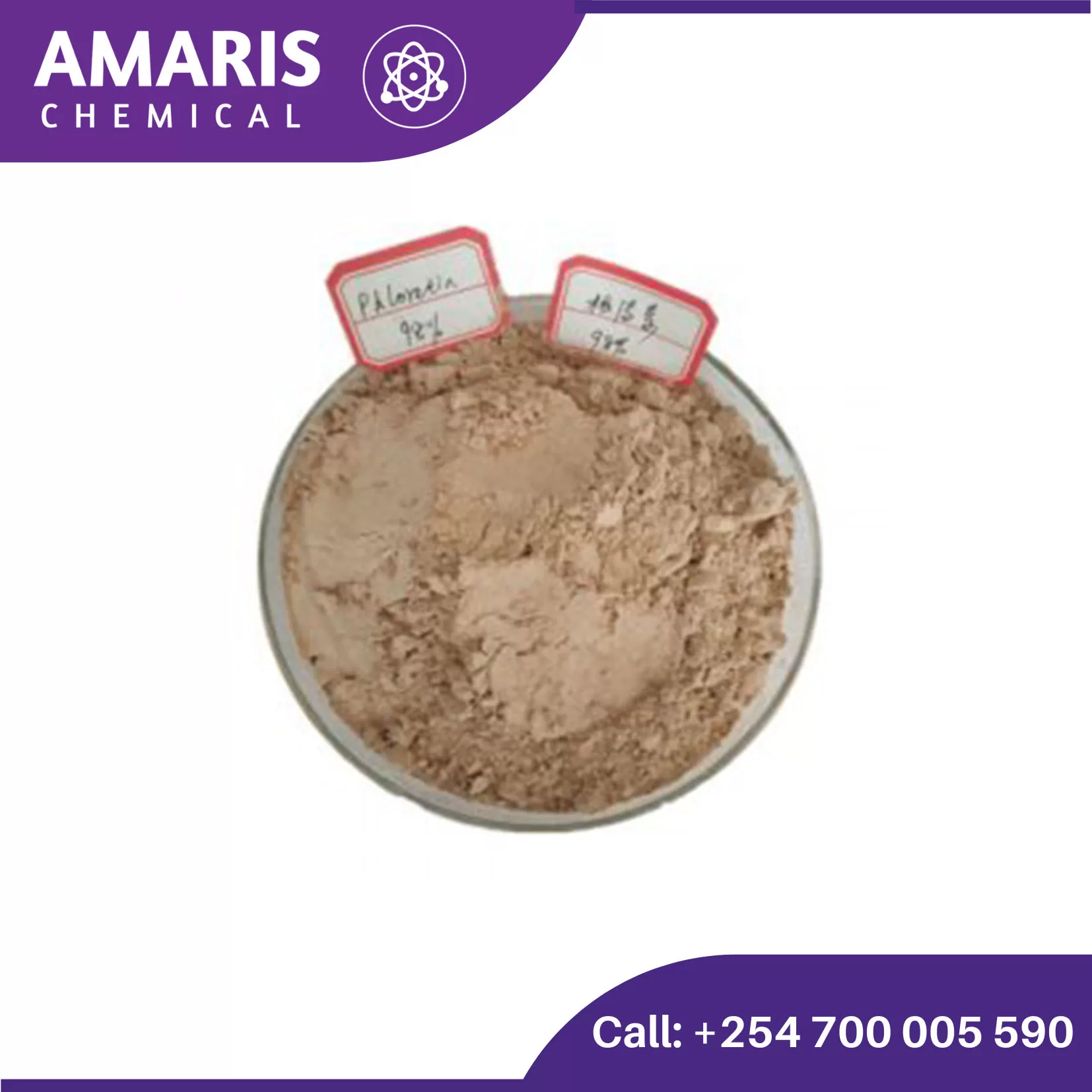
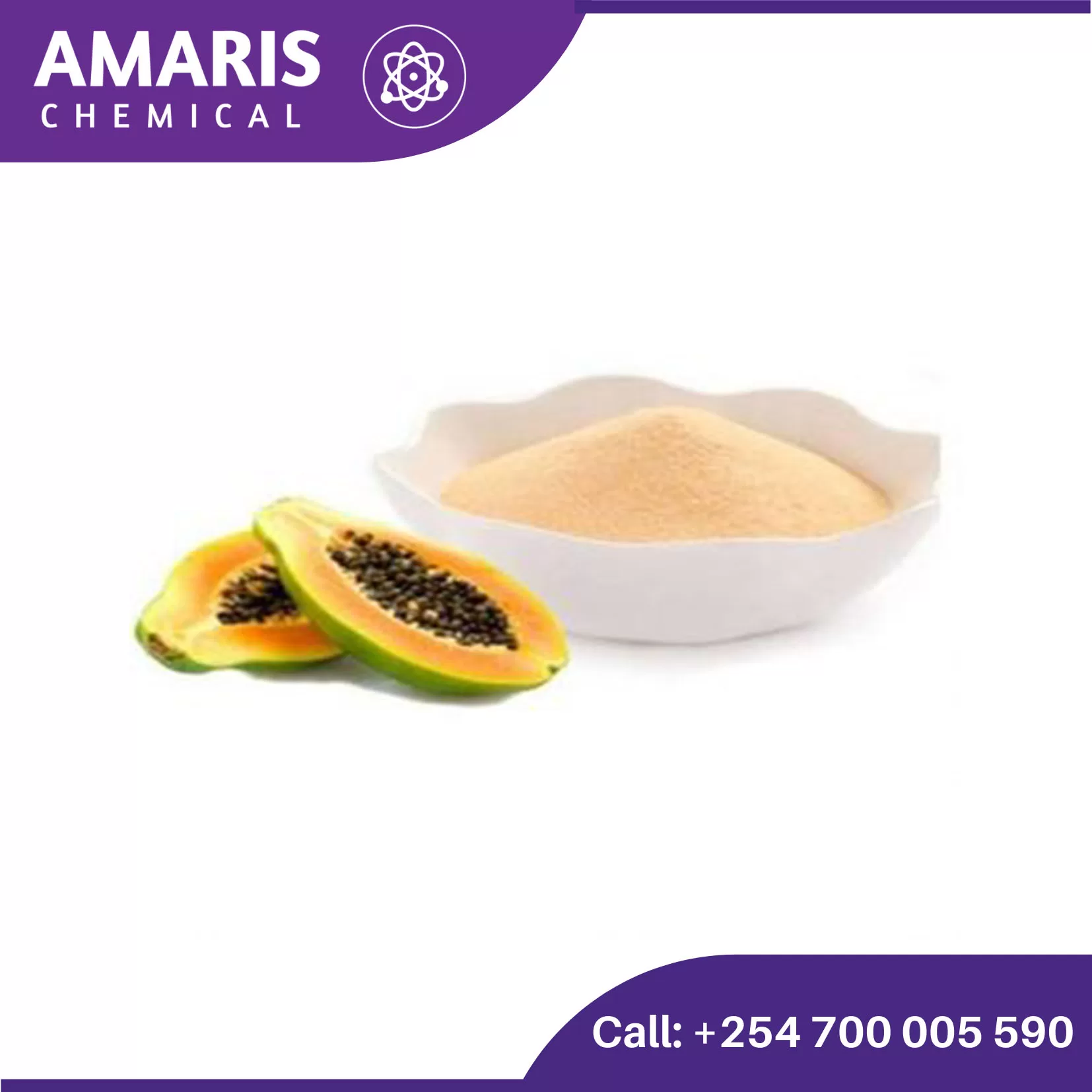

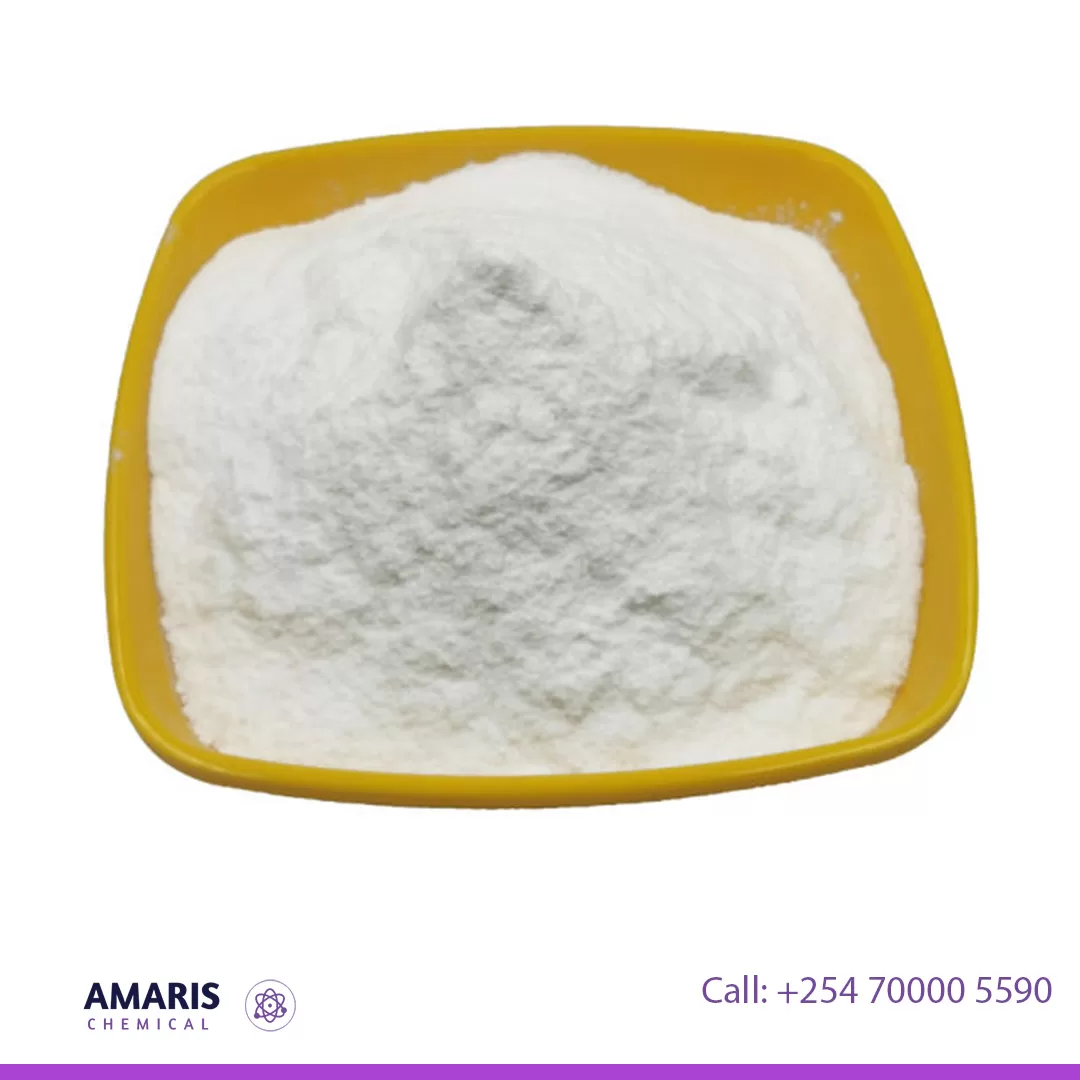
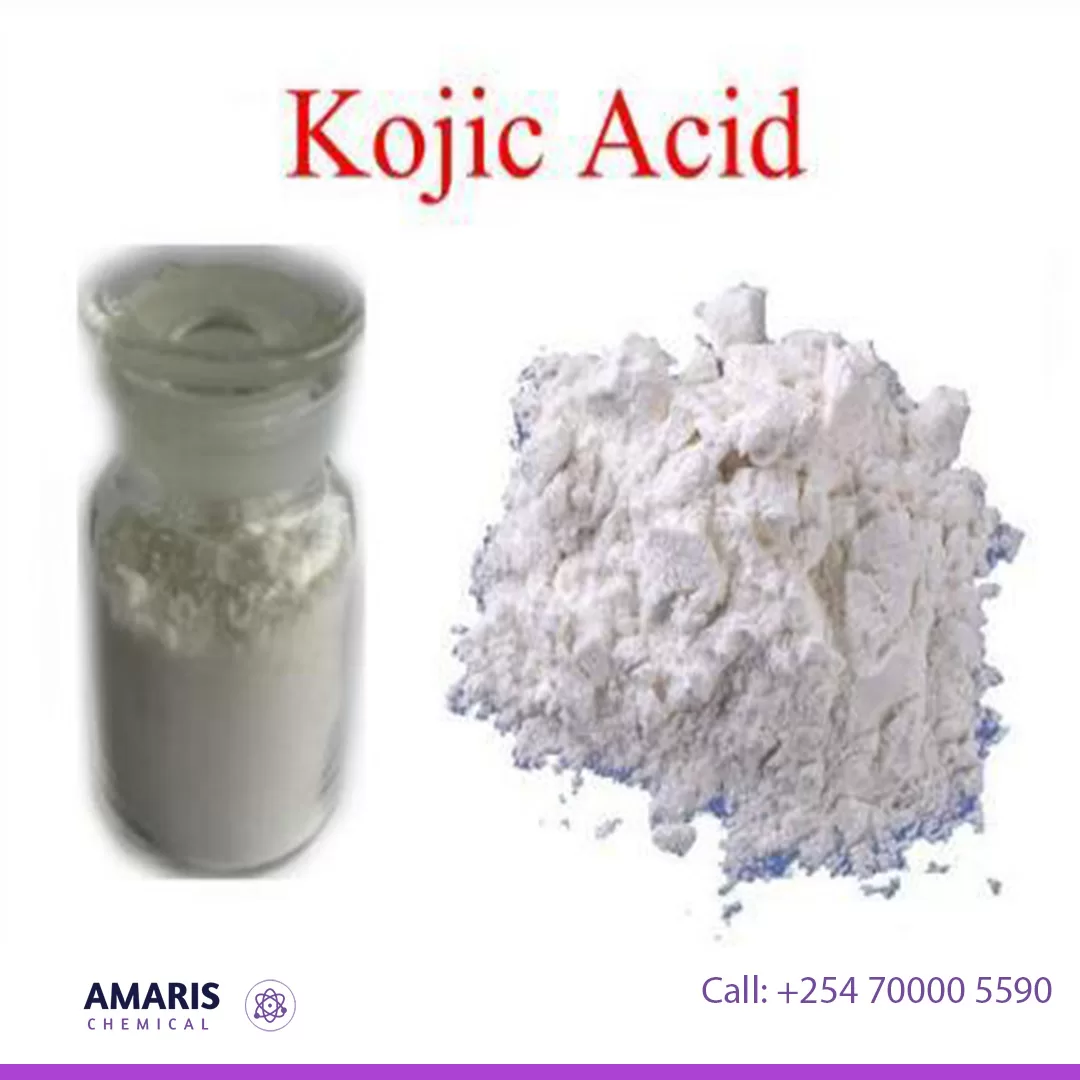

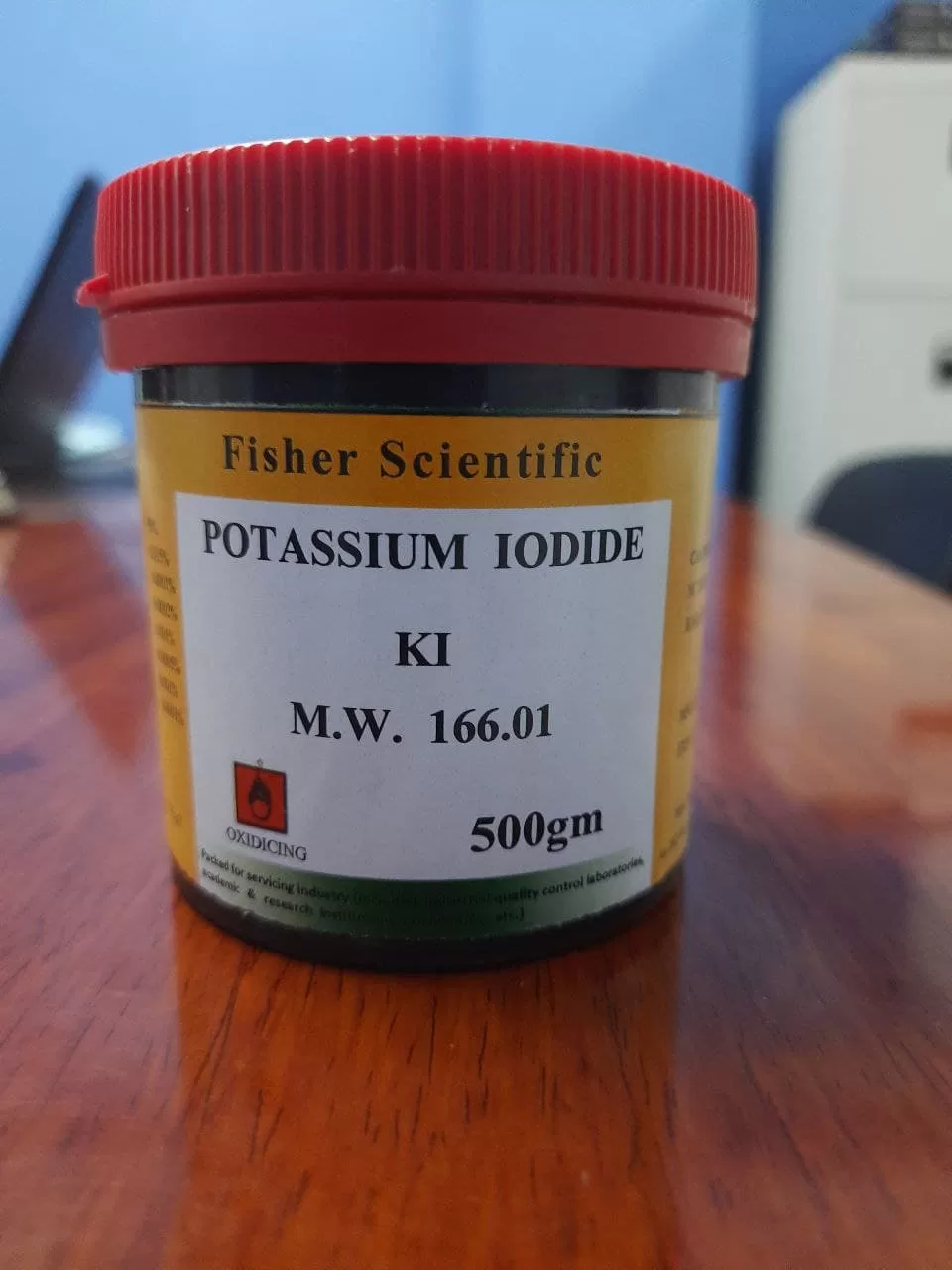
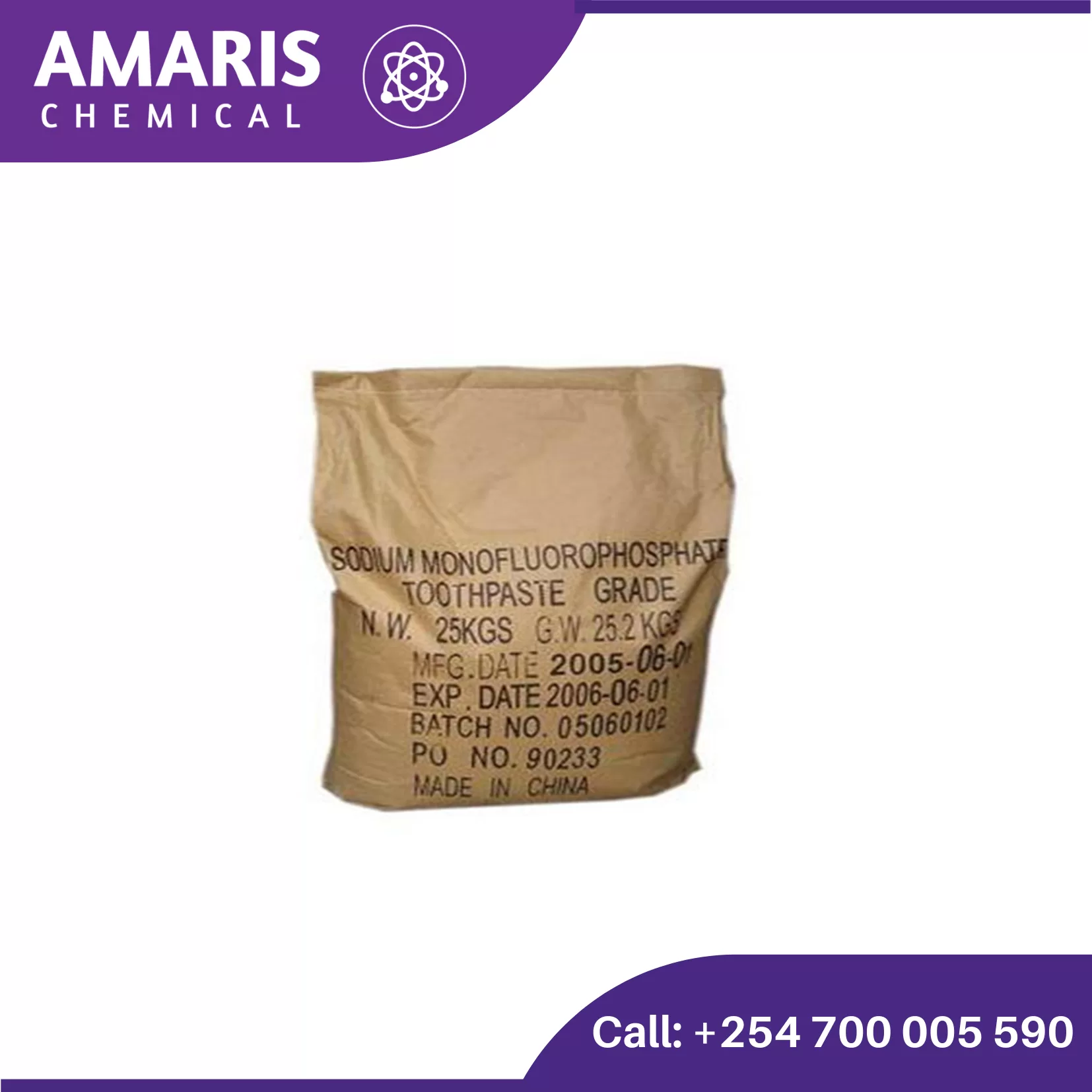
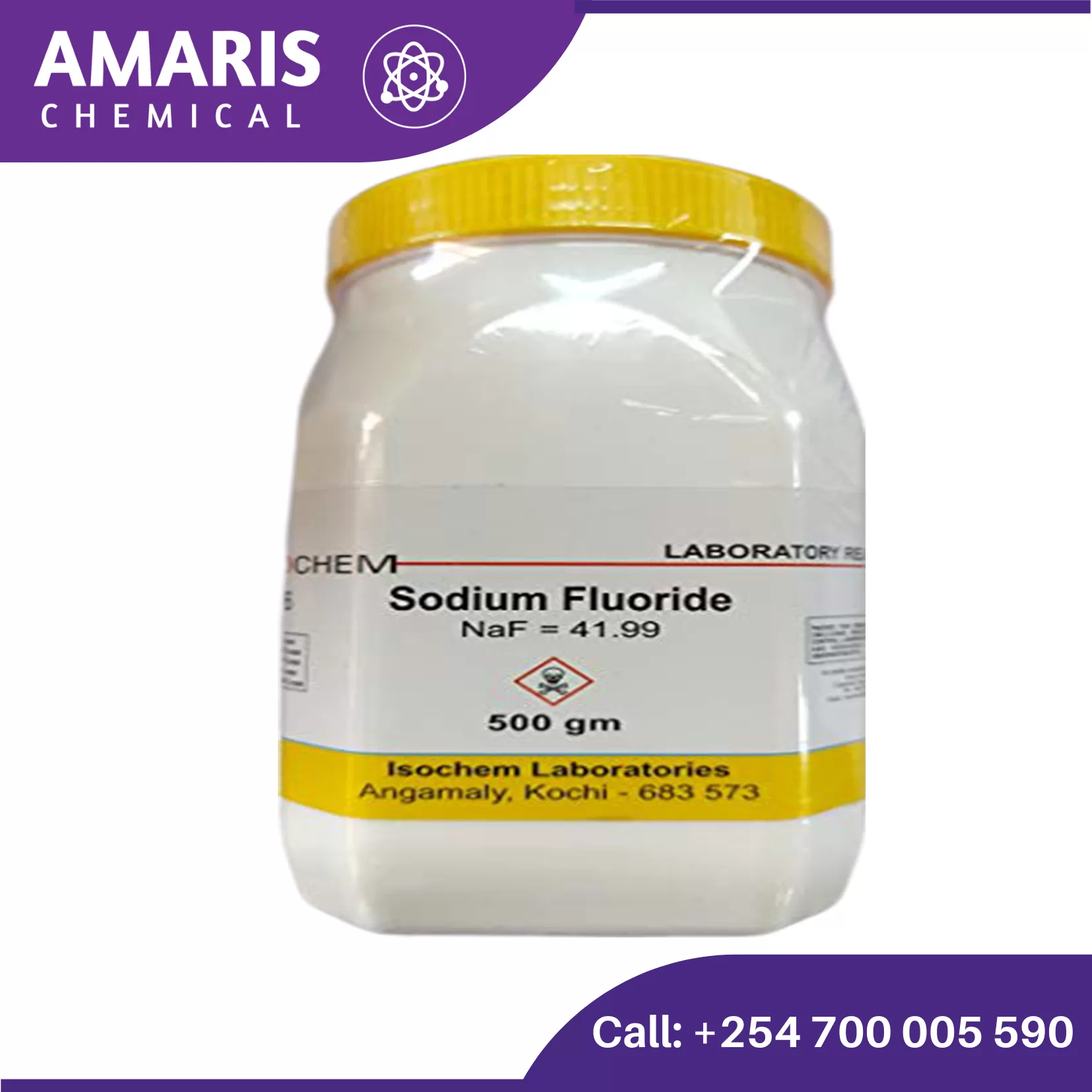
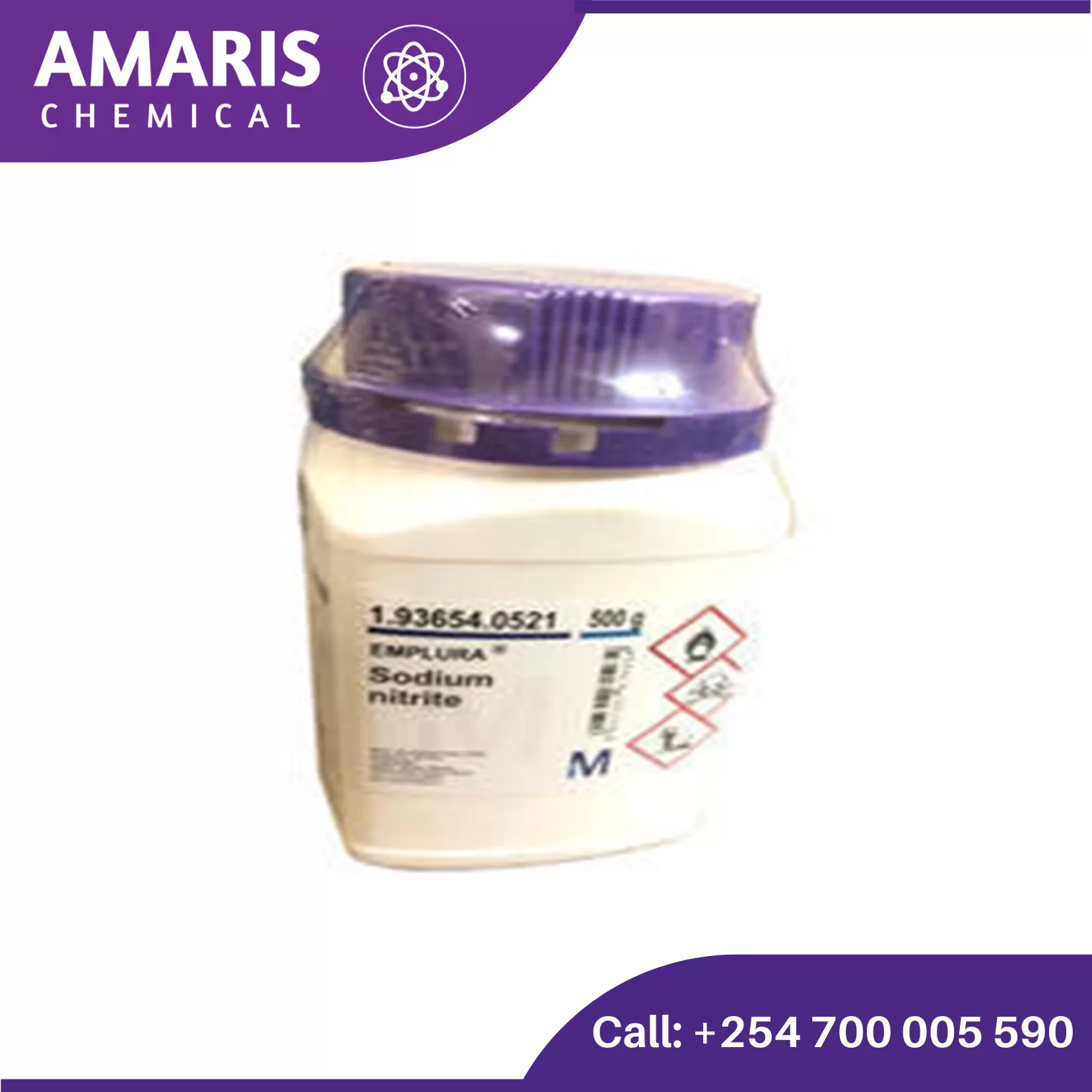









Reviews
There are no reviews yet.